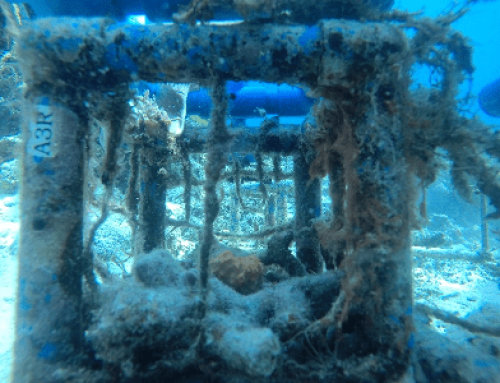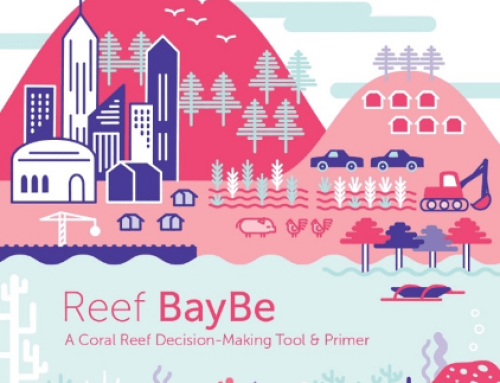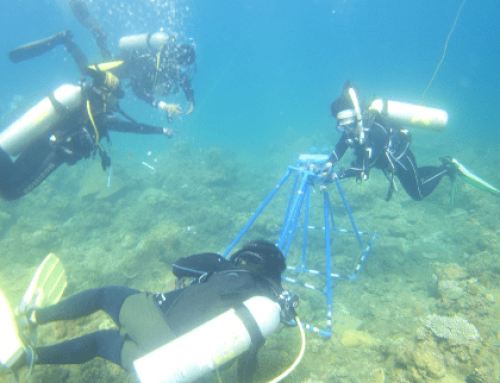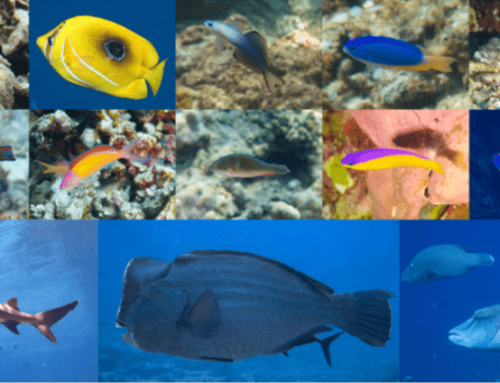In this Article

The physiological limits of 17 selected coral species in response to ocean acidification, ocean warming, and anthropogenic nutrient-coastal acidification stress were evaluated using manipulative experiments. As a result, a ranked list of coral stress tolerances was generated showing that corals exhibited lower tolerance to thermal stress than ocean acidification. Moreover, corals exhibit greater declines in stress tolerance from the combined effects of thermal stress and acidification.
Surveying natural populations, study sites across the Philippine archipelago exhibit different trends in benthic cover, coral dominance, and survivorship, likely due to localized stressors. Further, examining the diversity of the dinoflagellate symbionts (Symbiodiniaceae) of various coral species confirm the species specificity of the coral-zooxanthellae relationship for some taxa, and point to the potential role of thermally tolerant dinoflagellate species, Durusdinium (Clade D) on the survival and resilience of pocilloporid corals in the face of a history of elevated sea surface temperature (SST).
(Production of corals: SubProgram B, Dr. Ma. Lourdes SD McGlone, Dr. Cecilia G. Conaco and Dr. Rachel June G. Ravago/UPD MSI)








